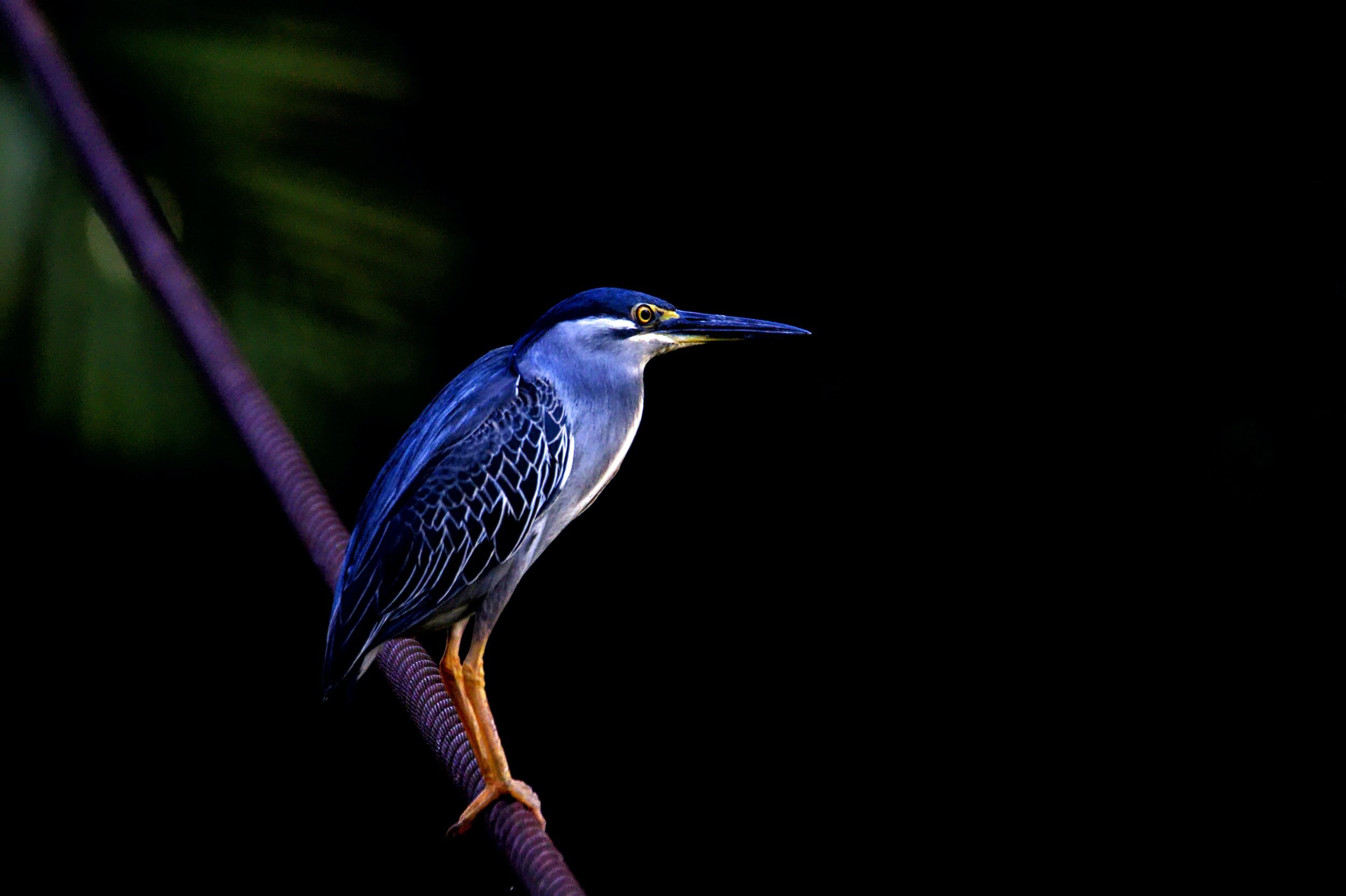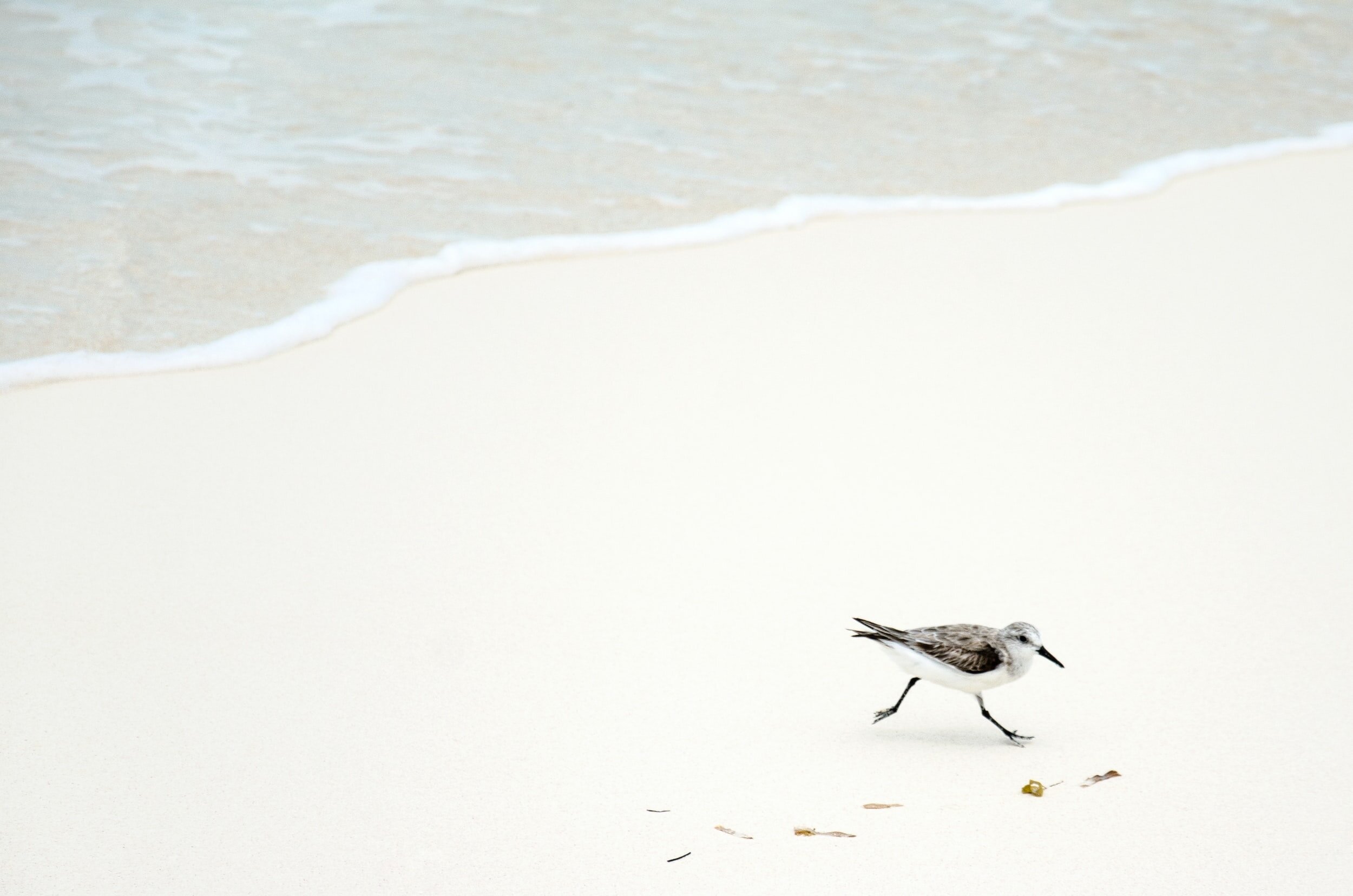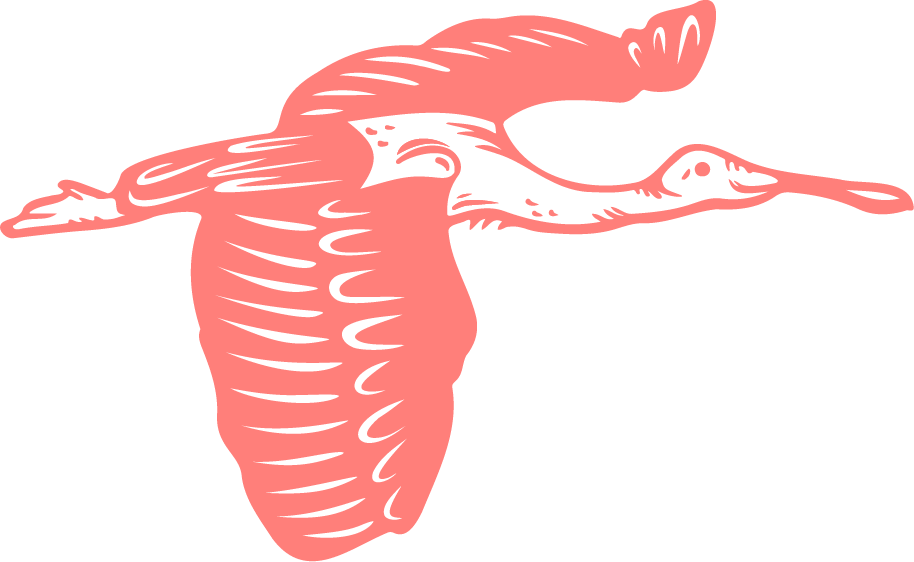
Birding Ethics
American Birding Association - code of birding ethics
1. Respect and promote birds and their environment.
(a) Support the conservation of birds and their habitats. Engage in and promote bird-friendly practices whenever possible, such as keeping cats and other domestic animals indoors or controlled, acting to prevent window strikes, maintaining safe feeding stations, landscaping with native plants, drinking shade-grown coffee, and advocating for conservation policies. Be mindful of any negative environmental impacts of your activities, including contributing to climate change. Reduce or offset such impacts as much as you are able.
(b) Avoid stressing birds or exposing them to danger. Be particularly cautious around active nests and nesting colonies, roosts, display sites, and feeding sites. Limit the use of recordings and other audio methods of attracting birds, particularly in heavily birded areas, for species that are rare in the area, and for species that are threatened or endangered. Always exercise caution and restraint when photographing, recording, or otherwise approaching birds.
(c) Always minimize habitat disturbance. Consider the benefits of staying on trails, preserving snags, and similar practices.
2. Respect and promote the birding community and its individual members.
(a) Be an exemplary ethical role model by following this Code and leading by example. Always bird and report with honesty and integrity.
(b) Respect the interests, rights, and skill levels of fellow birders, as well as people participating in other outdoor activities. Freely share your knowledge and experience and be especially helpful to beginning birders.
(c) Share bird observations freely, provided such reporting would not violate other sections of this Code, as birders, ornithologists, and conservationists derive considerable benefit from publicly available bird sightings.
(d) Approach instances of perceived unethical birding behavior with sensitivity and respect; try to resolve the matter in a positive manner, keeping in mind that perspectives vary. Use the situation as an opportunity to teach by example and to introduce more people to this Code.
(e) In group birding situations, promote knowledge by everyone in the group of the practices in this Code and ensure that the group does not unduly interfere with others using the same area.
3. Respect and promote the law and the rights of others.
(a) Never enter private property without the landowner’s permission. Respect the interests of and interact positively with people living in the area where you are birding.
(b) Familiarize yourself with and follow all laws, rules, and regulations governing activities at your birding location. In particular, be aware of regulations related to birds, such as disturbance of protected nesting areas or sensitive habitats, and the use of audio or food lures.
Please Follow this Code and Distribute and Teach it to Others
Used by permission American Birding Association
Ethics for photographers
It’s important that we give birds their space while we capture their beauty. We hope you find these resources useful when photographing wildlife.

North American Nature Photography Association
These guidelines are supported by the Florida Shorebird Alliance and local Audubon chapters.

